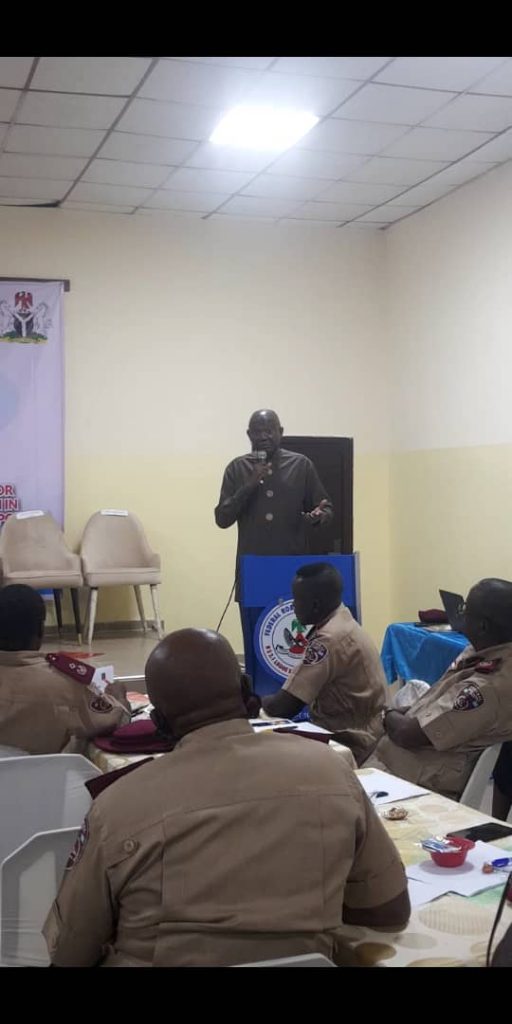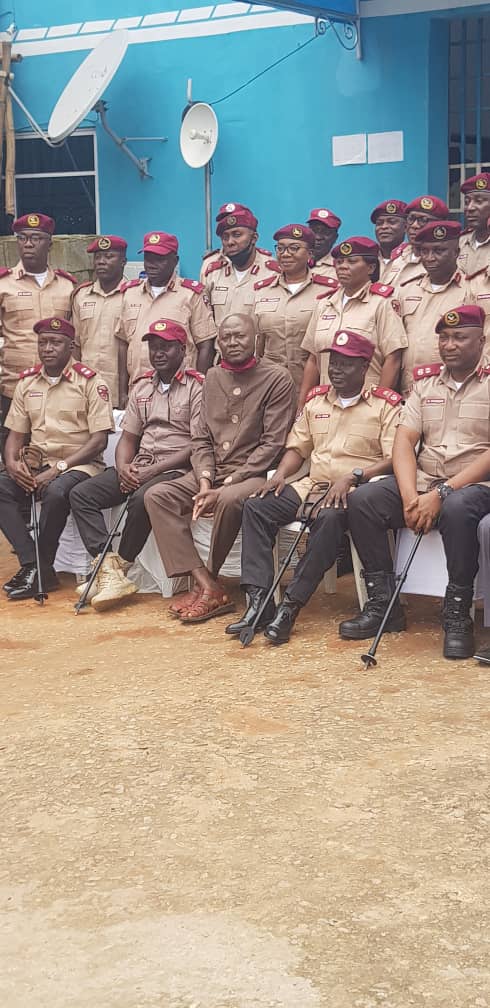By Frank Kintum
A former Assistant Corps Marshal (ACM) of the Federal Road Safety Corps (FRSC), Commander Ayobami Omiyale, has faulted the FRSC for its open ended vision statement of eradicating Road Traffic Crashes (RTC) on all roads.
The Road Safety expert made this observation on Tuesday, September 27, while delivering a paper titled ‘Promotion of Strategic partnership for innovative road safety intervention in Lagos and Ogun states’, at the third quarter retreat of the FRSC RS2, in Lagos.
Presenting statistics that showed an exponential increase in the number of RTC in the country between 2020 and 2021, Omiyale stated that “it can be gleaned from the foregoing tables that contrary to the vision statement of FRSC, which is to eradicate road traffic crashes on all roads, the crashes are actually escalating exponentially by 25% in the zone and 9% in the whole country between year 2020 and 2021.
“Casualties also rose by the same percentages within the same period. The purport of this is that our thirteen-year-old vision is not working, has never worked and needs to be overhauled in order to achieve a more realistic and achievable vision that can be measured and is time-bound”.

He however added that “on a positive note however, the zone RS2 which accounts for 34% of the 14 million vehicles registered in Nigeria as at December 2021, was only responsible for 13.5% of road traffic crashes, 9.1% of the injuries and 9.3% of fatalities in the country in the year 2021. Similarly, while the fatality index for the whole country in 2021 stood at 4.4%, that of the zone RS2 was 1.2%”.
On stakeholder collaboration, the former Zonal Commanding Officer of the corps, among other suggestions, advised that “the zone should partner with the Nigeria Customs Service, Standards Organisation of Nigeria and other security agencies to close down all used tyre shops and seize their wares.
“The zone should partner with relevant seaport and airport authorities to ensure that second hand tyres coming into the country fitted on second hand vehicles are replaced with new ones before the vehicles are allowed on Nigerian roads”.
According to the seasoned road safety expert, “the zone should bond with all hospitals in the zone, the Federal Medical Centres and tertiary health institutions to reduce the “golden hour” between the time of crash and treatment of the victims, within which a victim either dies or survives as a vegetable, if help arrives a little too late”.













